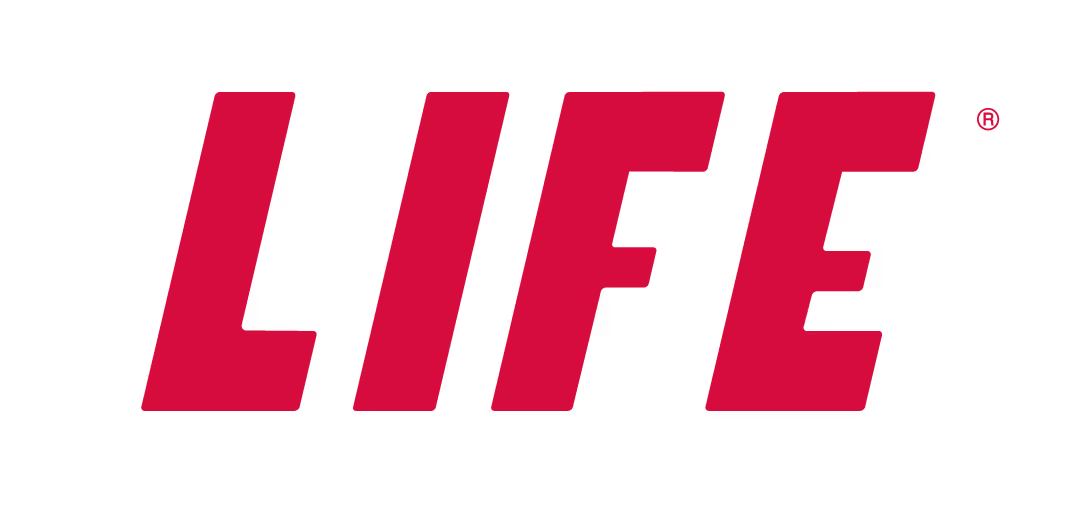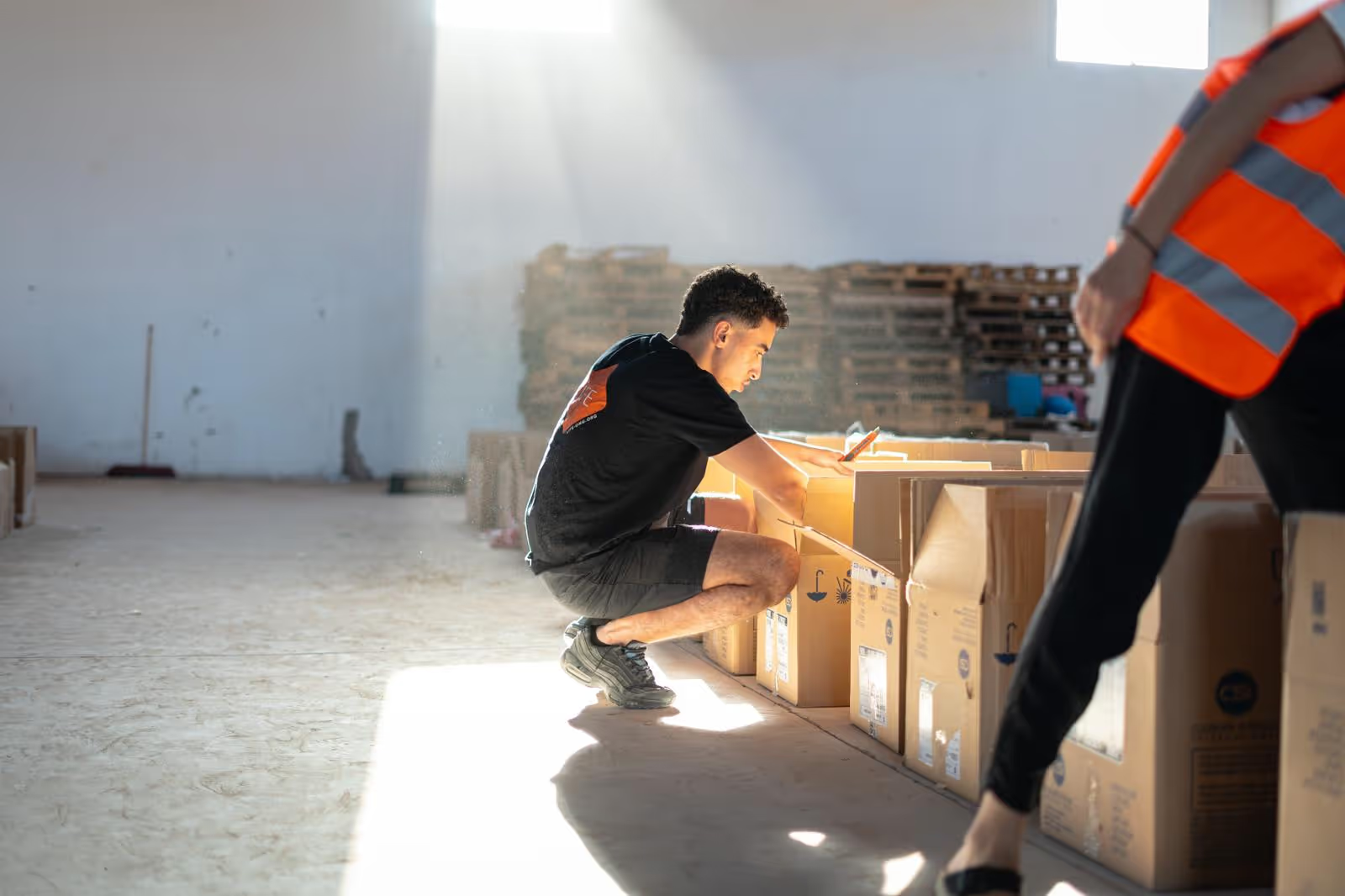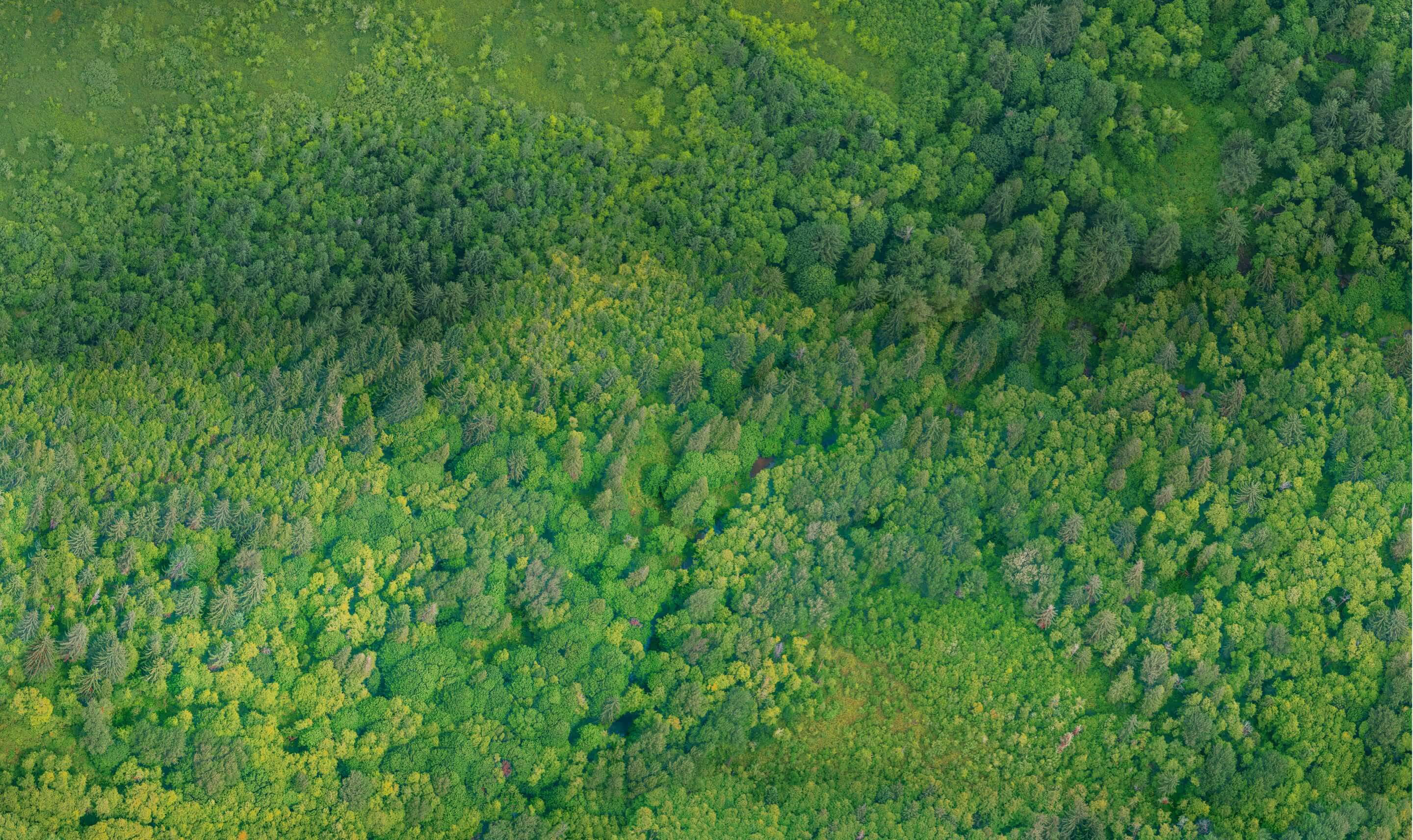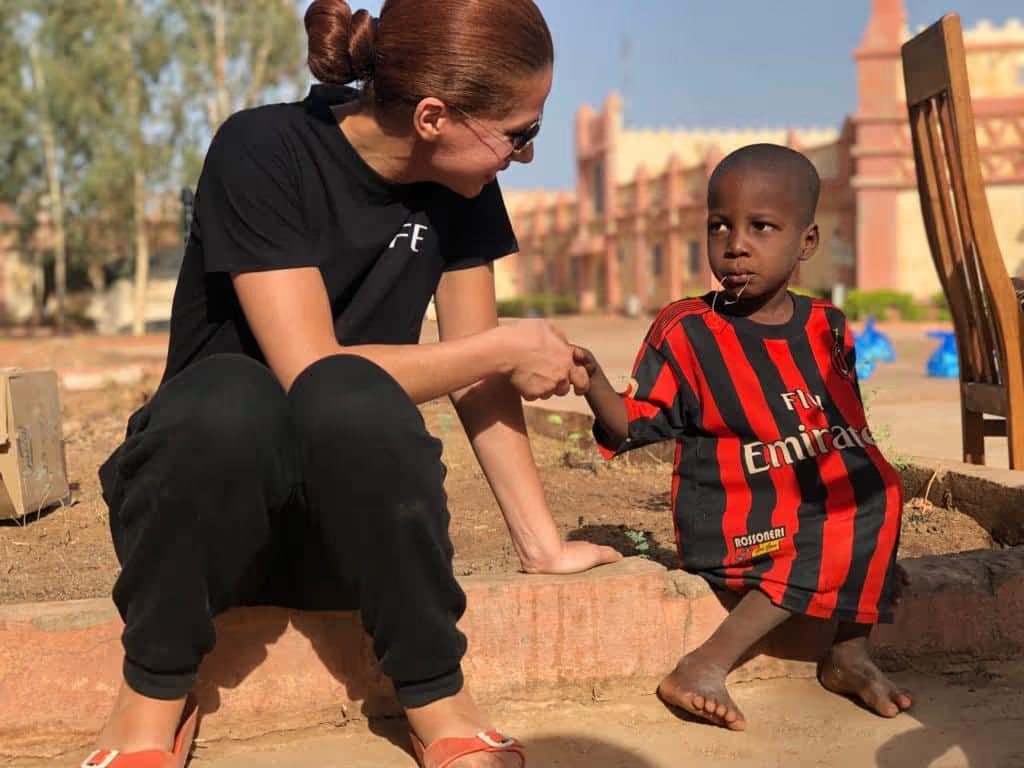Mali: water drilling in war zones
LIFE collaborates with numerous local partners. Teams that act on the ground, and whose motivation is unwavering. In contexts of war and conflicts, they work tirelessly and do their utmost to provide assistance to people in need despite everything. Drilling water in countries at war like Mali is not easy. Dramane Arby, LIFE partner in Mali, and President of the Association for the Development of Local Initiatives in Mali (ADIL) gives us an update on the situation in the country and on the importance of acting in a war zone, despite the difficulties on the ground.

Could you introduce yourself and tell us about your background?
I am a geological engineer by profession. I have now been involved in the actions of local development. I worked there as a supervisor, project manager or coordinator. I have had the privilege of managing the ADIL association since 2012. An association that became a national NGO in May 2018. Since then, the NGO has mainly worked with partners like LIFE, MINUSMA (United Nations Multidimensional Integrated Mission for Stabilization in Mali) and UNDP (Programme to Support Vulnerable Municipalities). These partnerships have so far evolved in the following areas: hydraulics, agriculture, livestock, crafts, energy and the environment.

Can you come back to the current context in Mali?
The political context in Mali is quite unstable. We have been experiencing a period of political transition since the coup of 18 August 2020. The military junta in power said its mission was to complete the Malian people's struggle for change. But, there is a High tension between this junta in power and the political class in relation to the establishment of the legislative body that is the National Transitional Council.
The social front is in turmoil. Since the establishment of the government, strikes have only increased. From claim to claim, we tend towards a Socio-economic blockage. As if COVID-19 wasn't enough!

Why in Mali, is it necessary to go to areas near conflict zones to drill water?
The abandoned or bequeathed areas in the background are everywhere areas at risk of rebellion therefore instability. While the drinking water coverage rate is 60% on average nationwide, in the North, where the terrorist threat is present, it is around 50%. Hence the need to create new water points.
However, small and medium depth drilling can only be carried out in specific areas, that is, in territories that are not far from watercourses. In the desert, a good part of the territory in northern Mali, the The need for water is crucial, but it requires dig to great depths, around 100 meters.
This is why, more and more often, we are requesting the construction of water towers, which allow you to dig deeper. We have already done several of these with LIFE.

What is the main difficulty encountered in the field when drilling water?
Since 2012, Mali has experienced a security crisis which has spread over a large part of the country. We are working in these areas of insecurity, in Mopti and Timbuktu. We are targeting areas where we can work. But in our movements, we are not Not free. We have to be very careful when doing our activities.
Our intervention areas are in Great need for water because we are in the Sahel. La Rainfall is low, waterways are under threat and groundwater is not well supplied. Like the The tablecloths are very deep, it is not easy to be able to reach them.
Sometimes we go to a community where water needs are huge but unfortunately we can't drill. So it's really the hopelessness. For us, but even more so for the community that doesn't understand. These difficulties can lead to some problems on the ground with the populations.

You have drilled numerous water holes with LIFE. What event stood out to you the most?
One day, we came to an area, we told them we were ready to drill. But, we needed a Water source nearby to be able to supply the machine and create the water point. Except that there was nowhere, not even a swamp. The distance to the nearest water source was 3km.
They asked us for canisters and we provided them with them. But we didn't believe it. To our big surprise, the whole village mobilized. We arrived at 8 am and there was not even room left. All the cans and jars were filled with water. I remember, the village chief told us”We need water so much that even if you tell us to move a mountain, we are ready to do it as long as there is water.” With this, we were able to quickly complete the waterhole. To tell you that sometimes, we see an immense determination so much, we feel that it is their is dear to heart.

What is the reaction of the beneficiary populations after the establishment of a water point?
When they receive a water point, it's really there Village party. We have images where we see dances, others make gifts like for example a Goat or a goat. It is a way for them to express their gratitude to the team that drilled. They are happy, really, it's A joy for them!
Do you want to finance a well? Rendezvous hither



.avif)



.avif)
.avif)
.avif)